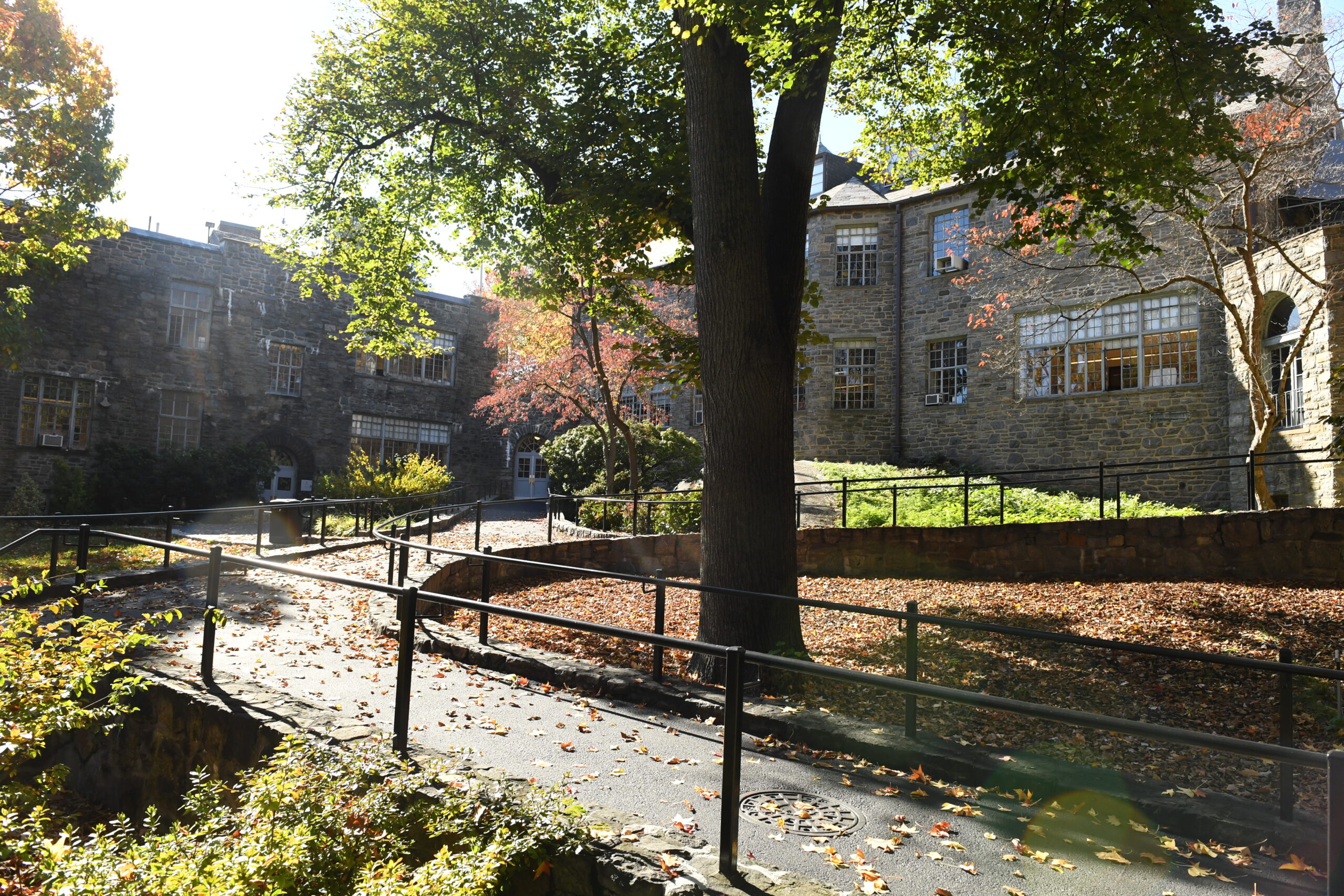If you have any questions about content within the Family Portal, please contact the Communications Department at communications@ecfs.org. If you have trouble accessing the portal, please contact help@ecfs.org.
Fieldston Upper

If you have any questions about content within the Family Portal, please contact the Communications Department at communications@ecfs.org. If you have trouble accessing the portal, please contact help@ecfs.org.